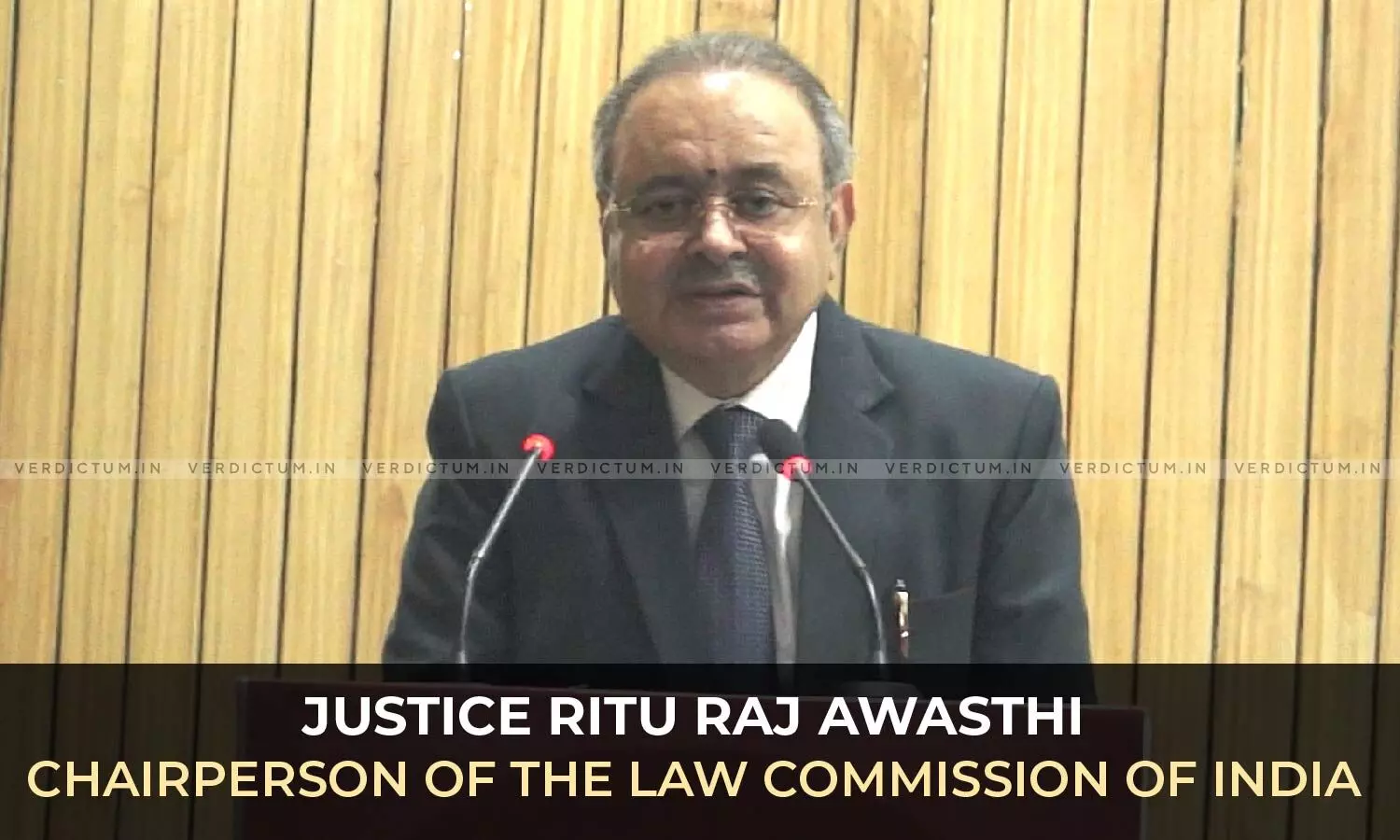
Judiciary Interfering In Administrative Domain, Making Laws Is Against Separation Of Power: Law Commission Chairman Ritu Raj Awasthi
 |
|While speaking at a seminar organized by Adhivakta Parishad (Supreme Court unit), the newly appointed Law Commission Chairman Justice Ritu Raj Awasthi has said that Judicial activism challenges the concept of separation of power of the three arms of the state.
He remarked that in the name of judicial activism, judiciary interferes in the administrative domain and ventures into judicial adventurism or overreach.
He also said that If judges are to freely decide and make laws of their choices, it would not only go against the principles of separation of powers but it would also result in chaos and uncertainty in the laws.
"..we must also understand that Judicial activism challenges the concept of separation of power of the three arms of the state. Many times, in the name of judicial activism, judiciary interferes in the administrative domain and ventures into judicial adventurism or overreach. This is when judicial restraint comes into picture. If judges are to freely decide and make laws of their choices, it would not only go against the principles of separation of powers but it would also result in chaos and uncertainty in the laws", Justice Awasthi said.
The former Chief Justice of Karnataka High Court who was appointed as Law Commission Chairman said that the role of the judiciary has also changed over the years and the courts have taken a more active role in realization of justice through judicial activism.
"In recent years, courts have risen in power across the world, and the Indian Supreme Court has rightly been pointed to as an example of this global trend. In many ways the Indian Court has become a court of good governance that sits in judgment over the rest of the Indian government.", he said.
He further added that Judicial activism is seen as a success in liberalising access to justice and giving relief to disadvantaged groups because of the efforts of Justice VR Krishna Ayer and Justice PN Bhagwati.
He also said that "The shift from locus standi to Public Interest Litigation has made the Indian Judicial process more participatory and democratic. Judicial activism therefore counters the opinion that the judiciary is a mere spectator."
Ritu Raj Awasthi was speaking as Chief Guest on the topic "Idea of Justice After 75 Years of Independence" on Wednesday at the event in Delhi. He was appointed as Law Commission Chairman on November 7.